The Real Thing: An Anti-austerity European Government
Social Europe
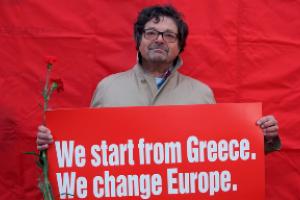 What is at stake in Greece goes very far beyond merely financial questions. It goes beyond the question of the fate of a small and historically very badly governed country with weak institutions that has suffered abominably in the wake of the crisis over the last five years...It goes even beyond that very grave situation...It goes beyond that to the future of Europe and beyond that, to the meaning of the word democracy in our time.
What is at stake in Greece goes very far beyond merely financial questions. It goes beyond the question of the fate of a small and historically very badly governed country with weak institutions that has suffered abominably in the wake of the crisis over the last five years...It goes even beyond that very grave situation...It goes beyond that to the future of Europe and beyond that, to the meaning of the word democracy in our time.



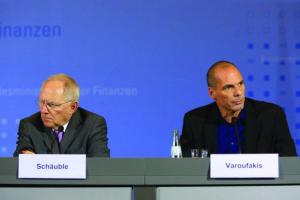

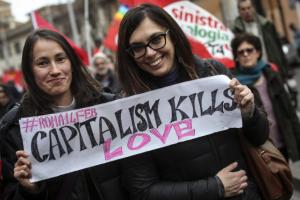
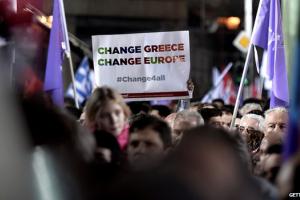
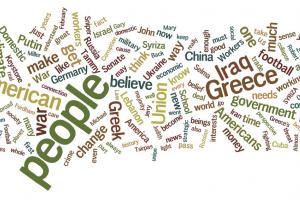


Spread the word